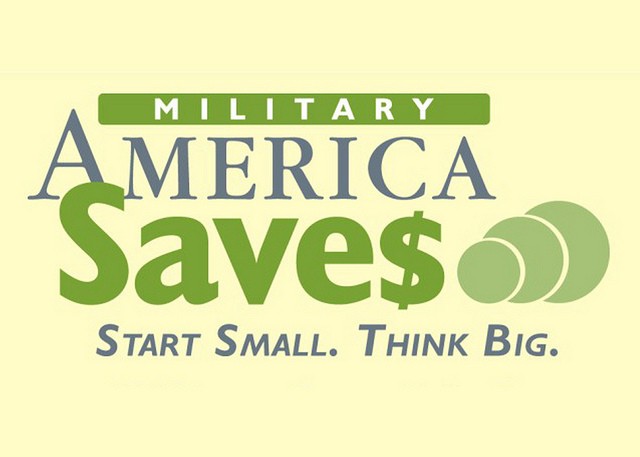FORT RUCKER, Ala. -- Army Community Service's Financial Readiness office offers Soldiers and Families a host of advice during Military Saves Week Feb. 20-27.
Military Saves is a social marketing campaign to persuade, motivate and encourage military Families to save money every month, and to convince leaders and organizations to be aggressive in promoting automatic savings, according to the organization's Web site.
Mike Kozlowski, ACS Financial Readiness specialist, said the week-long, military-wide recognition is great, but Soldiers and their Families should be doing what they can to save money year round.
"(Military Saves Week) should be the beginning of a changed mentality about buying things," he said. "People feel like when they walk into a discount store, they're automatically getting the best deal, but it's not always the case."
Good spending habits are essential to good financial health, Kozlowski added. Saving money is a discipline that should be part of everyone's lives.
"Some people treat spending like a drug," he said. "They use it to feel good, but the fix is only temporary and then they'll be right back out shopping until they drop. These people don't worry about tomorrow; they're just worried about today's bills."
Soldiers who are deployed and experiencing financial issues can sometimes find their worries about things back home are affecting their performance downrange, Kozlowski said.
"The military is getting better at teaching Soldiers and their Families how to better manage their money," he said. "If they have financial issues weighing on their minds while deployed, they won't be concentrating on the job."
One method for Soldiers and Families to curb some of their financial hardships is to create a budget, said Kozlowski.
Creating a budget for each month can help cut down on the amount of money spent each month by cutting out things that are not necessary and setting money aside for things that are, such as gas and groceries, he added.
Another method Kozlowski promoted was one he said most people seem to be getting away from, but it is still the most effective: use cash.
"Using cash instead of credit or debit cards is a much better way to save money," he said. "When you pay for things with cash, it forces you to only use what you have. You also get the psychological effect of actually handing money over that you can't get from swiping a card."
Military Saves was developed and tested by its non-profit sponsor, Consumer Federation of America and the military services from 2003 to 2006 and launched throughout the Department of Defense Feb. 25, 2007. It is part of two larger campaigns - the DoD Financial Readiness Campaign, and the national America Saves campaign.
For more information on financial readiness or to set up financial counseling appointments, call 255-2594.
10 tips for saving money
* Save money on gas by keeping your engine tuned up and tires inflated to their proper pressure.
* Consult Consumer Reports, available in most libraries, about specific appliance brands and models and how to evaluate them, including energy use.
* Conduct a home energy audit. It can identify ways to save up to hundreds of dollars a year on home heating and air conditioning. Some electric and gas utility providers offer audits either for free or small fee. If no audit is offered or it is too expensive, ask to be referred to a qualified professional.
* Budget your money. Set aside a certain amount for necessities such as gas, groceries, bills, etc. each month before using any money for recreation.
* Shop at lower-priced food stores and use coupons either from newspapers or online coupon providers.
* Use generic prescription drugs instead of name brands. Brand names are usually much more expensive than their generic equivalents.
* Set up a money market account through your bank. These accounts are for setting aside "emergency" money and putting it in a money market account means it's harder to take out.
* Use cash whenever possible.
* Keep track of all money spent using the paper and ink method. Money spent using debit cards might not clear the bank right away and can lead to possible overdraft fees if an account is overdrawn.
* Avoid interest charges on credit cards by paying off the entire bill each month. If unable to pay a large balance, pay as much as you can. Try to shift the remaining balance to a credit card with a lower annual percentage rate.


Social Sharing